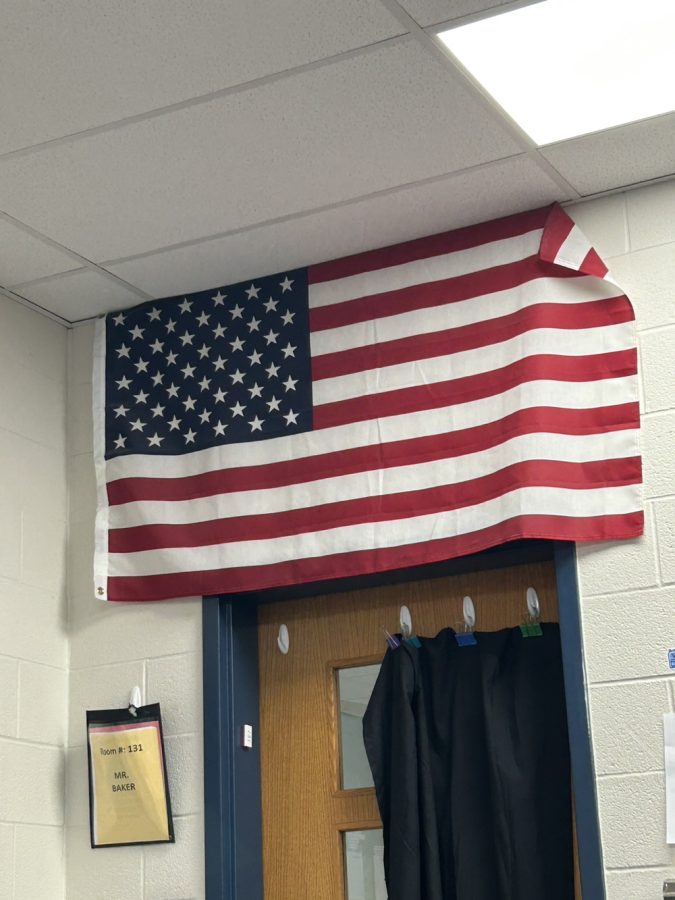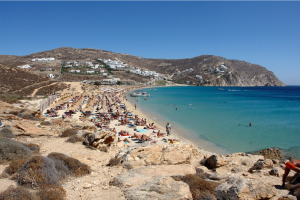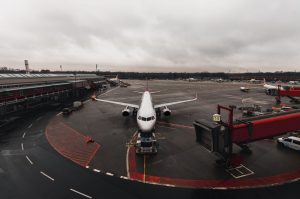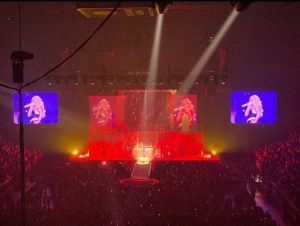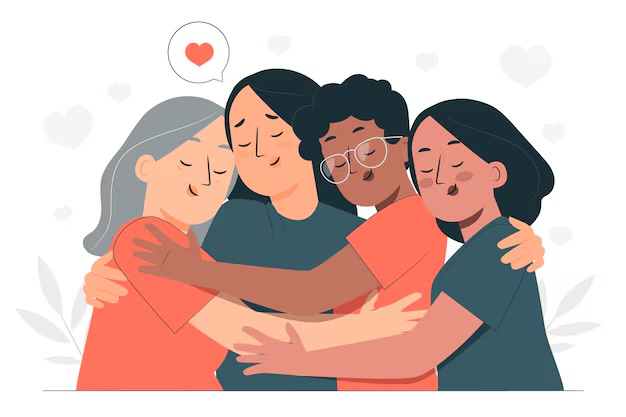Opinion: Education of Politics
February 23, 2023
The education of politics in high schools is crucial to develop an understanding of civic engagement, critical thinking, and global awareness. An understanding of politics is essential for active and informed citizenship. By teaching students about the political system and their role in it, they can be equipped with the knowledge and skills necessary to engage in public life and make informed decisions. In the idea of strengthening critical thinking skills, studying politics requires students to think deeply about topics such as analyzing arguments, evaluating evidence, and making informed judgments.
These skills are important not only for political engagement but also for success in many other areas of life. Understanding the political landscape, both domestically and internationally, helps students become more informed and empathetic citizens of the world. This knowledge can help one navigate a rapidly changing and interconnected global environment.
The discussion of politics in schools often introduces debates due to the assumption that in educating students about political events, the educator can use their platform to convince the students to feel a certain way about the proposed topic. However, bringing politics into the classroom does not have to be instruction of what to think but instead how to think. Being able to understand modern events and develop a deep comprehension of the social impact is a crucial life skill that will be used everyday in life after high school.
The typical American government class covers topics relating to the structure of government, the history of the American government system, and foreign policy. But why do modern events get left out of the curriculum? Discussions of human rights, current American involvement in foreign warfare, the treatment of minorities, and the lasting impact of America’s dark past are left out of the classroom and it is continuously contributing to the vast political divide that is tearing the nation apart.
By educating students about different perspectives of modern political events, students can develop a better understanding of different opinions leading to a more understanding view of politics. Exposing students to different political views allows schools to help foster an environment of respect for diversity and tolerance for opposing opinions. In the real world, people often encounter different perspectives and ideologies. By teaching students about both sides of political events, schools can prepare them for these challenges and help them build skills to navigate these situations effectively after high school.
Another important aspect of educating high school students about politics is being taught about the importance of being active and engaging in government. By teaching students about their rights and responsibilities as citizens, they can become more confident and empowered to participate in the democratic process. An educated and engaged citizen is essential for a strong democracy. Teaching students about their role in the government can help build a foundation for a healthy and thriving democracy.
Because of the rapid nature of social media, political information is easily spread to the masses in a short period of time. Although more advanced media has its many benefits, it is very easy to believe false information without thinking twice. Much of this is at the fault of a lack of education about the topic. Most teenage students do not take the time to watch the news or dedicate their time to doing further research into the posts they see. Instead, it is believed that what is posted is the truth.
Social media is a breeding ground for misinformation, bias algorithms, polarization, and influence campaigns which all contribute to the upcoming generations’ viewpoints on our current government. Oftentimes, the spread of political misinformation on social media can exacerbate political polarization and increase tensions between different political groups. Also, by receiving all political news through social media, it is easy to fall victim to the addiction of technology and lose connection with the real world, leading to the continuation of false media being perceived as the truth.
However, social media is not the only factor leading to misinformation being spread. It is common for people, especially teenagers, to adapt to the beliefs of their families and communities. This can hinder students’ abilities to develop their own opinions about certain issues, as they believe what they have been told growing up is the “right” thing to believe. With proper education and exposure to diverse perspectives, teenagers can develop the skills necessary to critically evaluate information and form their own informed beliefs.
By educating students about recent political events in school and also addressing common misconceptions, the future of the American government will be stronger and more united. Today’s high school students will be tomorrow’s leaders, and it’s important to prepare them for the challenges they will face. A strong education in politics can help develop the knowledge, skills, and values necessary to become effective, informed, and responsible citizens in their communities and beyond.


